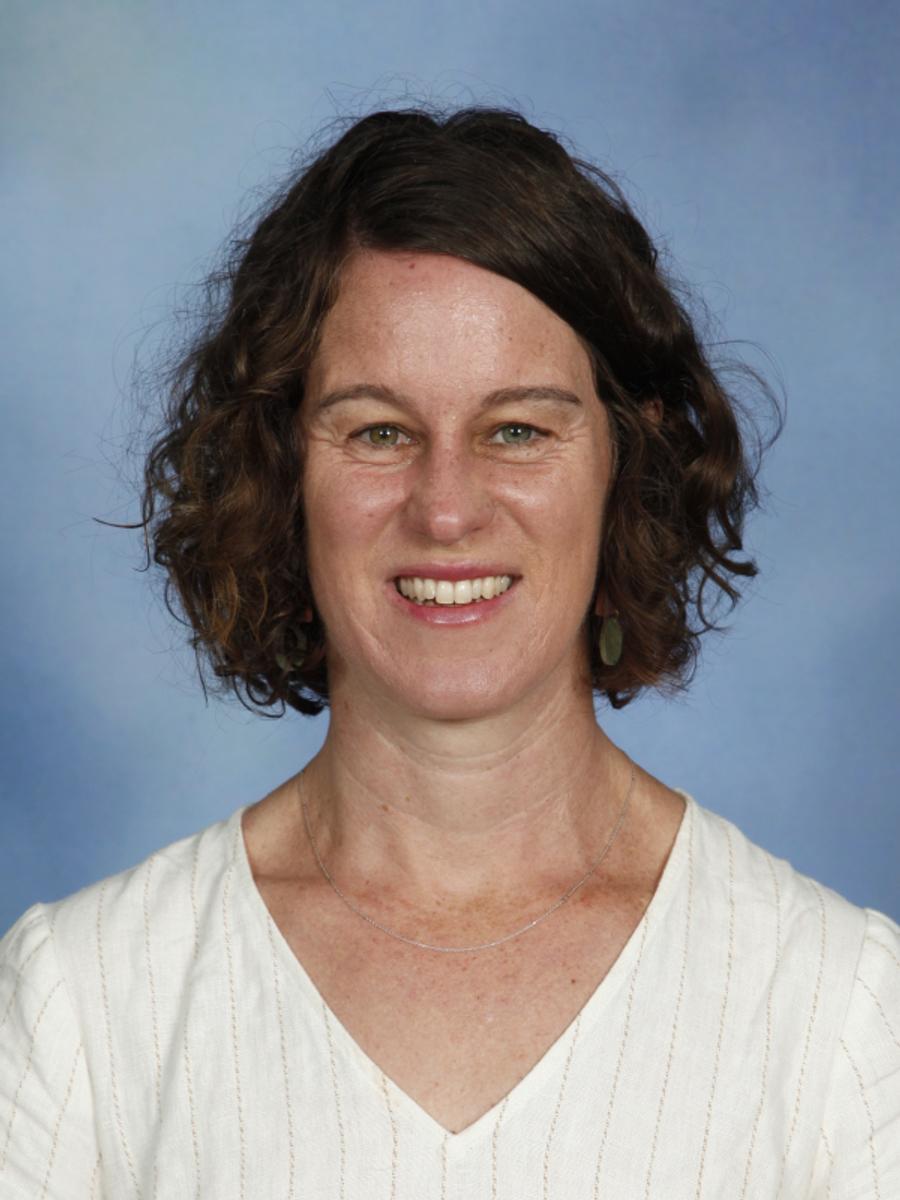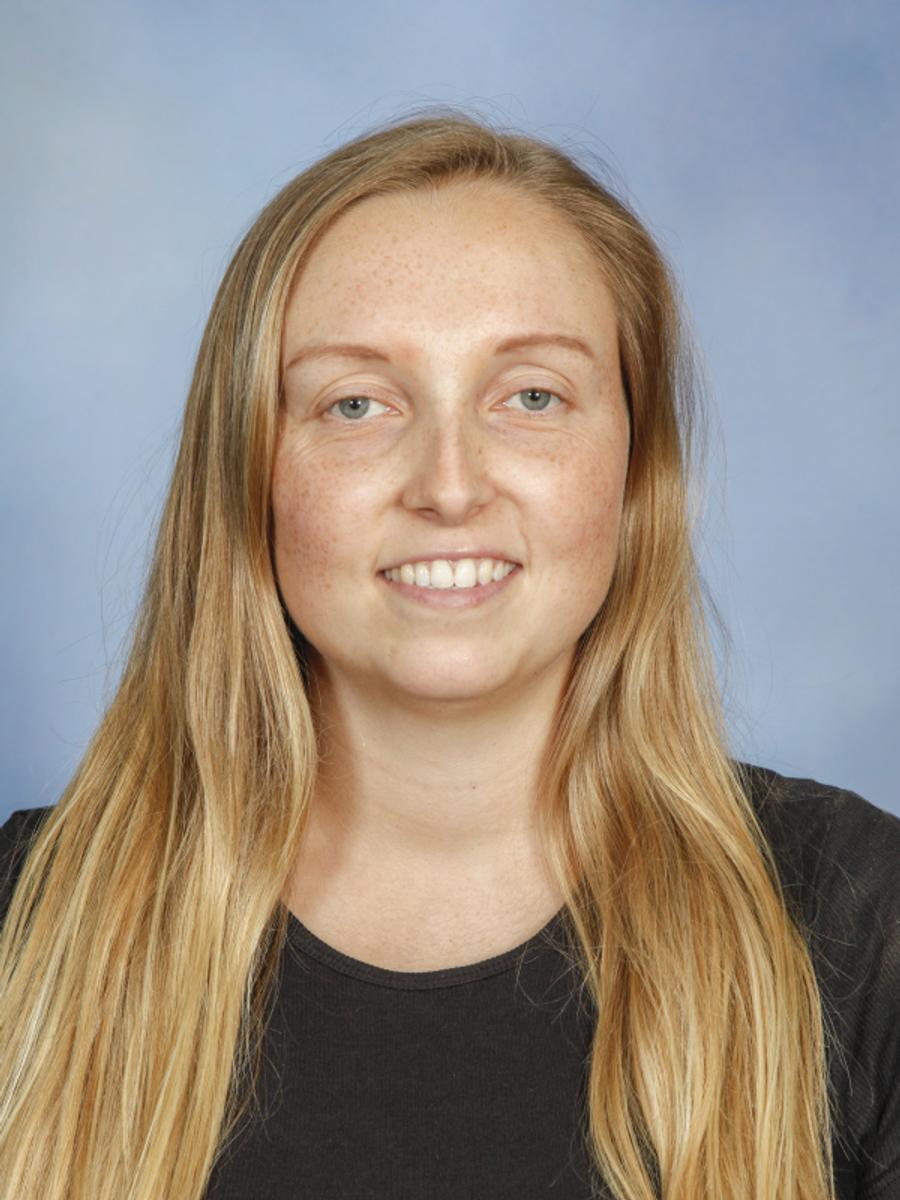From our Counsellors

Mind the Mindset
Having a balanced, realistic, and flexible mindset is an important part of mental wellbeing, and it’s one of the things that develops in the life stage of adolescence. Charlotte spoke to the Y9s and Edith spoke to the Y8s about this important skill recently – students were encouraged to become more aware of their mindset, and to recognise that there are many things they can do to cultivate a healthy mindset to support their wellbeing and growth.
One of the styles of thinking in an unbalanced or unhelpful mindset is ‘all-or-nothing’ thinking (also called black-and-white or dichotomous thinking). Viewing the world and ourselves in a binary way can contribute to low confidence and self-esteem, and increase stress, anxiety, and pressure on ourselves.
Here are some ways this unhelpful type of thinking can be addressed:
- Self-awareness – noticing our thoughts
- Challenge extremes and replace with ‘grey’ (nuance, middle ground)
- Restructure thoughts to be more balanced
- Focus on progress rather than perfection and celebrate small wins
- Set realistic goals and expectations
- Seek different perspectives and look at the bigger picture
- Practice mindfulness and journaling – connect with sense of calm and safety
Developing a more balanced and heathier mindset takes time and practice – especially for young people whose brains are doing a lot of learning and growing at this age. That’s why the important adults in young people’s lives need to be aware of their own language, what mindset they’re embodying and modelling, and the guidance they can provide to use helpful strategies. Just like sending your young person to Shelford is an investment in their future, supporting them to develop a realistic and flexible mindset is an investment in their overall wellbeing, and their ability to enjoy a successful and balanced life.
KEEP IN MIND
- Name it to tame it – notice the all-or-nothing thinking and label it
- Ask yourself: “What’s my third option?”
- Perfection isn’t a standard, it’s an obstacle
- Help young people feel safe and supported – they don’t have to be perfect to be loved, supported, and celebrated
Charlotte Edmonds
Counsellor
Edith Benardeau-Short
Psychologist


